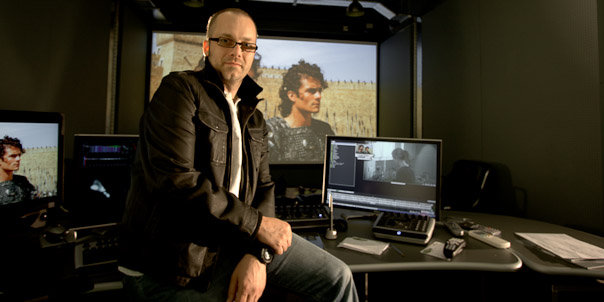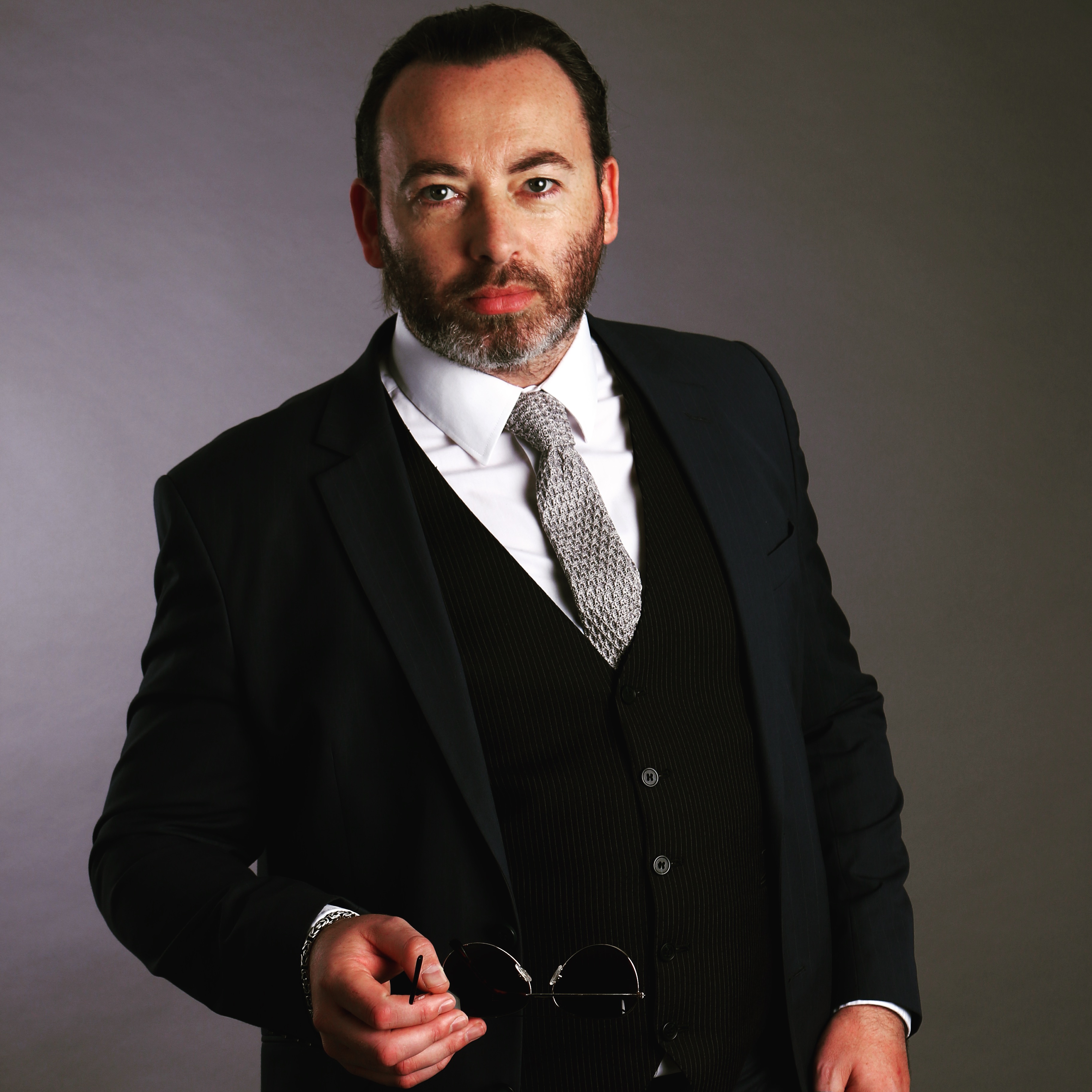ASK & DISCUSS
INDEXHow to pitch a TV show?
4 years, 4 months ago - Buppha Wittaya-Amponpunt
How do I pitch my own TV show to Netflix, BBC, producers, and the like, with myself as a lead actor like Phoebe Waller-Bridge (Fleabag), Michaela Coel (I May Destroy You), for instance?
Only members can post or respond to topics. LOGIN
Not a member of SP? JOIN or FIND OUT MORE
4 years, 4 months ago - Marlom Tander
The answer is to get noticed enough that they ask you for a chat.
A well tested route for someone who also acts is via theater - Cambridge Footlights, that 60's satire club in London, the Comedy Store in the post punk scene, but these days, making a splash at the EDINBURGH FRINGE seems to be the goto.
4 years, 4 months ago - Lee 'Wozy' Warren
Honestly?
Anyone inexperienced in TV and/or an unknown showrunner/producer/creator of a show pitching to Netflix, BBC etc is highly unlikely to secure any deal. Competition is also incredibly fierce and normally from people with a solid track record in their field.
I would say from experience that the BBC is particularly challenging to win any commission. And as companies like Netflix grow in power, winning a commission is also only going to go to production companies with a demonstratable track record.
However, as you may or maynot know, there are two typical ways to get broadcasters like BBC or Netflix to fund programs/shows/films etc...
1. A producer pitches a program, gets agreement, BBC/Netflix etc acquire the program, funds the production directly, also controlling production in various ways, program completes, program is broadcast.
2. You produce your series, controlling every aspect of the program from start to finish, once program is complete you go an pitch the completed show to BBC/Netflix etc, get a distribution deal for a broadcast, program sold.
Both options allow you to get money for your program, but one pays to produce the show and comes with lots of control issues. The other means you need to find funding upfront, produce the show, complete it, and in some cases you need to create broadcast deliverables. You then have to go and try to sell it.
For anyone lacking experience or a track record, option #2 is the best way in. It's easy to acquire a completed show that when shown during the pitch is of a very high quality, showing actual ability, than pitching with just words on paper...
I've produced a multi episode series a while back and then gone to a network, in the US, to sell it. It was increadably tough and very challenging, but in the end we secured a sale and agreement for a second series. But we had to fund the entire show, start to finish, ourselves first which was a huge gamble and high risk for all stakeholders...
Wozy
4 years, 4 months ago - John Lubran
We are talking about a fiction project, where the issue of competition being tough enough to pretty much make pitching from the bottom of the industrial hierarchy verging on pointless, unless one has a cracking good creation with bells on, such as big names attached, co-production deals or time and territory specific distribution deals with co-funding elements etc., etc., etc.
Movie aspirations are not the only trips available to film making however. Documentary and factual is taking an increasingly bigger share of air time. Factual drama and dramatised documentary reveals significant overlaps with purely artistic fiction. It's a truism of old that still stands, Audiences want to be entertained whilst being informed.
What has been relied upon by movie producers as being viable stories has become the trite and banal, only lifted by the super VR technologies that are allowing studios to make weak story lines shine like a polished turd. I'm not saying that great stories and great production isn't being made, because there's lots of it, it's just that so much of it is not.
There's an audience demographic in terms of cultural evolutionary taste too. The young and the kids are far more 'crash bang wallop' entertained than are a great many other sections of that demography. What's left apart from the crash bang wallop is very often too weak to stand.
So what does any of that have to do with pitching ones ideas or securing money?
As Wozy suggests, the competition is as fierce as are the hurdles. Apart from the headline megabuck productions being made, the average budget, in real terms per hour, is getting smaller. How does one think that the tens of thousands of hours produced these days are possible. We are required to provide more and more for less and less. The silver lining to this detriment is more business creativity at every level, lower production costs in terms of the tools we use and the skills to use them and a reduction in the scale of greed and financial expectations once a few mega stars and moguls have been factored out.
It's still an uphill challenge for projects that are merely stories that few people care about, even if they are happy to watch it.
For many producers looking for viable opportunities associated with traditional investor vectors and complex tax dodges offered by the State and its familiers. It's a numbers game. They need to have a pipeline of projects that have empirical potential in order that at least one or two of those in the pipeline can actually get made. That producer would always love for one of their projects to be a great critical and financial success, but for that producer it's not essential because he or she will have been paid from the budget, sometimes when their film hits the jackpot they have a share in the profit too.
For the aspirational creatives, getting that producer on board can seem like a success initself. But unless that producer can succeed in getting the money then being in that producer's pipeline can become an obstruction.
There's lots of talk about Crowd Funding. People mostly associate crowd funding with facilitating platforms like Kickstarter and Indigogo. However those websites are not the only form of crowdfunding even though they can play a role in those other forms. Both traditional business models and emerging alternatives can benefit from the overlaps, as in a Venn diagram where parts of two or more disparate entries share the same bit of reality.
At the heart of a project capable of benefiting from emerging alternative business models, including some intriguing ideas still incubating, is that other people proactively want to see a film made, for social reasons and not for profit or tax mitigation purposes. Some of these projects are well into seven figures but few of them are solely arts fiction without wider social aspirational purpose. Dramatised documentary features that inform contemporary issues can be, in terms of risk reward, as successful as any big studio production.
If in addition to satisfying an itch to make a film, one also wants to be successful, the odds of success, by going down traditional well trodden paths, aren't any better than crowd funding in association with respected collaborators who aren't part of the glitterati or the usual entities associated with film and television.
Here's a clue. The worlds biggest investor in film, has been and maybe still is, a German pension fund. If one can extrapolate a far reaching alternative business model from that, one might also have discovered a whole new frontier for exploration.
4 years, 4 months ago - Buppha Wittaya-Amponpunt
Thank you all for your advice. I really appreciate it.
4 years, 4 months ago - Vinca .
Hi Buppha,
You need a accredited agent or producer. It is the only way outside of entering some sort of network/VOD/studio competition to get in front of the right people who are commissioning. Create a strong pitch deck or series bible and see what traction you get. You have to be prepared for the fact funding would be easier with a 'named' actress unless you have produced a webseries which has a sizeable audience. My personal experience has been 1. Sent series bible. 2. Series bible sent to VOD platform and studio 3. Given a development fund.
Good luck.
4 years, 4 months ago - Lee 'Wozy' Warren
Listen to what @john has to say. This is incredibly sage advice.
4 years, 4 months ago - Lee 'Wozy' Warren
Wozy's Insight's
The chance's of a new'ish filmmaker being able to break into a major distributor is fairly minimal.
But that shouldn't stop to you.
Keep pushing. Keep trying. Never give in!
4 years, 4 months ago - Oscar Heron
Glad I found this - Ive got the same question and we are submitting the script to film festivals for producers to take on. Thanks for all the comments guys!
4 years, 3 months ago - Lee 'Wozy' Warren
Wozy's Insight's
If you are going to festivals and markets to pitch your film project, go prepared. Taking only a script will seriously reduce your chances of success. You should package the project correctly and that means understanding what documents, including the script, producers expect you to present them with.
If you don't know how and what is required in a package, learn OR work with someone who does.
Remember, you only get one chance to pitch. Get it right the first time.
Wozy





